Session Title: Smart and Low-Carbon Operation of Green Hydrogen-Integrated Multi-Energy Systems
The accelerated global transition toward carbon neutrality has triggered a critical transformation in the operational paradigm of multi-energy systems (MES), where green hydrogen—derived from renewable sources like solar and wind—emerges as a pivotal zero-carbon medium to bridge the intermittency of renewables and the diversity of end-user demands (e.g., power supply, industrial heating, transportation). Green hydrogen-integrated MES enable seamless conversion and optimal allocation of cross-energy carriers (electricity, heat, hydrogen), yet they confront unique challenges: the variability of green hydrogen production induced by weather fluctuations, the nonlinear coupling of multi-energy flows, and the trade-off between operational economics and carbon abatement targets. A key evolving trend is the deep integration of green hydrogen with flexible assets, such as hydrogen fuel cell vehicle (FCV) fleets, portable hydrogen storage units, and mobile refueling stations, which enhances the spatial-temporal flexibility of energy distribution but also introduces uncertainties in load forecasting and system stability. This proposal aims to explore cutting-edge advancements, unresolved challenges, and transformative opportunities in the smart and low-carbon operation of green hydrogen-integrated MES, with a focus on innovative operational methodologies, intelligent control technologies, and scenario-specific optimization strategies.
Topics of interest include but are not limited to:
- Multi-Time-Scale AI Optimization for Smart Operation of Green Hydrogen-Integrated MES
- Low-Carbon Resilience Enhancement of Green Hydrogen-MES Under Extreme Weather Events
- Synergistic Operation of Green Hydrogen Production, Grid Injection, and Industrial Heat Supply in MES
- Digital Twin-Based Dynamic Regulation for Green Hydrogen-Integrated Urban Multi-Energy Systems
- Hybrid Energy Storage (Battery-Hydrogen) Co-Dispatch for Low-Carbon Operation of Green Hydrogen-MES
- Distributed Optimization for Green Hydrogen-Integrated MES with Mobile Hydrogen Refueling Vehicles
- Privacy-Preserving Cyber-Physical Protection for Smart Green Hydrogen-MES Operation
- Carbon Footprint-Oriented Economic Operation of Green Hydrogen-Integrated Industrial MES
- Demand-Side Flexibility Activation for Green Hydrogen-MES in Peak Load Management and Carbon Reduction
- Real-Time Carbon Emission Tracking and Optimization for Green Hydrogen-Integrated MES Operation
Special Session Chairs
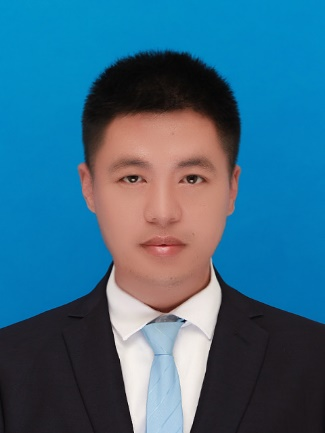
Liang Qian
Shanghai University of Electric Power, China
Dr. Liang Qian is a Teacher in the College of Electrical Engineering at Shanghai University of Electric Power (SUEP), where he teaches undergraduate and graduate courses and conducts research in smart power systems. He received his B.S. and M.S. degrees from Jiangxi University of Science and Technology in 2013 and 2016, respectively, before pursuing his doctoral studies at SUEP—earning his Ph.D. in Electrical Engineering (focused on Smart Grid Optimization) in August 2025. His work addresses smart grid load forecasting, optimal operation of high-proportion renewable energy-integrated power systems, and coordinated scheduling of multi-energy complementary systems.
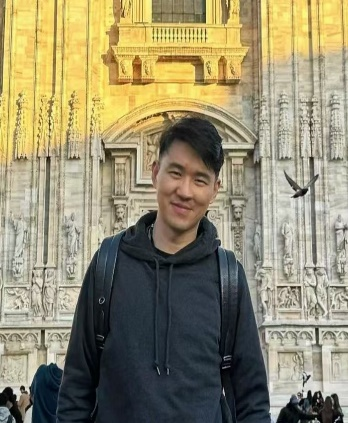
Zhengmao Li
Aalto University, Finland
Dr. Zhengmao Li is an Assistant Professor in the School of Electrical Engineering at Aalto University, Finland, where he leads the Multi-Energy Systems & Power Optimization (MESPO) group. His research focuses on the integration of green hydrogen, renewable energy, and multi-energy systems through advanced artificial intelligence and optimization methods. His work addresses AI-driven energy management, resilient operation of smart grids and multi-energy microgrids, and detailed modeling of hydrogen systems, with applications in electricity, heat, transport, and maritime sectors. He has published extensively in leading journals, serves as an Associate Editor for several international journals, and has acted as guest editor for multiple special issues.
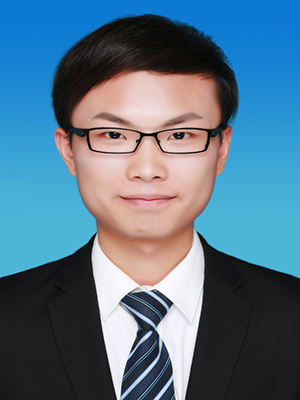
Qi Yao
Jinan University, China
Dr. Qi Yao is an Assistant Professor at the International Energy School, Jinan University. He holds a PhD in Control Theory and Control Engineering from North China Electric Power University, with joint training at Aalborg University. His research focuses on active power control, structural load analysis, and optimization of wind farms, especially under extreme conditions. Dr. Yao has led several projects, including sub-programs of the National Key R&D Program, and has published over 20 high-quality papers in journals such as Applied Energy and IEEE Transactions on Sustainable Energy. He also serves as an expert member of the IEC SC8A Renewable Energy Grid Conformity Assessment Committee.
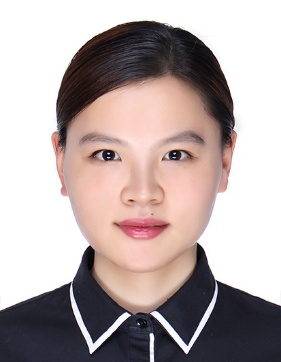
Pupu Chao
Dalian University of Technology, China
Dr. Pupu Chao is an Associate Professor and Ph.D. Supervisor at Dalian University of Technology. She currently serves as the Secretary-General of the Secretary-General of the Renewable Energy Modeling Subcommittee. Her research focuses on renewable power generation and grid integration technologies, as well as ultra-high-voltage direct current (UHVDC) and flexible DC transmission technologies. Dr. Chao has led two National Natural Science Foundation of China (NSFC) projects, seven projects from the State Grid Corporation of China (SGCC), and participated in ten national-level projects. She has published over 20 SCI/EI papers and granted invention patents. She has received several honors and awards, including the IEEE PES Outstanding Female Technologist Award, the Outstanding Paper Award from the China Simulation Federation, and was selected into the Young Talent Project by the Chinese Society for Electrical Engineering.
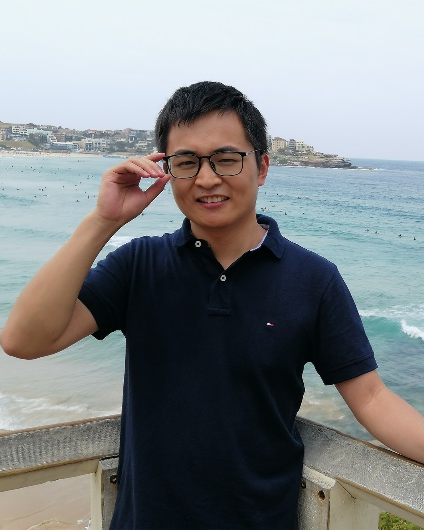
Shuai Lu
Southeast University, China
Lu Shuai is an Associate Professor at the School of Electrical Engineering, Southeast University. His research interests include power systems and integrated energy, advanced computing technologies, and optimization theory. He has published over 60 SCI/EI papers. He was selected as the 2024 Stanford/Elsevier Top 2% Scientists and the 2024 China National Knowledge Infrastructure (CNKI) Highly Cited Scholar Top 1%. He is a Young Editorial Board member of Applied Energy and Power Automation Equipment.
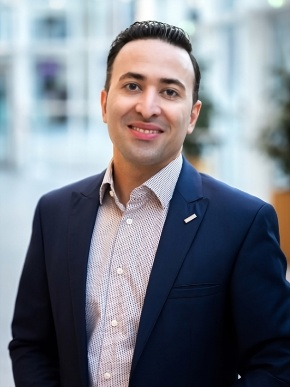
Amjad Anvari-Moghaddam
Aalborg University, Denmark
Amjad Anvari-Moghaddam is a Full Professor and Leader of the Intelligent Energy Systems and Flexible Markets (iGRIDS) Research Group at the Department of Energy (AAU Energy), Aalborg University, where he also serves as Vice-Head of Department (Research) and coordinator of the Integrated Energy Systems Laboratory. His research focuses on the planning, control, and operation of microgrids, renewable/hybrid power systems, and integrated energy systems with suitable market mechanisms. Prof. Anvari-Moghaddam serves on the Council for Energy Efficient Transition at the Danish Ministry of Climate, Energy and Utilities, is a member of Reference Group 5 “Climate, Energy and Mobility” for Horizon Europe at the Danish Agency for Education and Research, a Board Member of Energy Mission at AAU, and Chair of IEEE Denmark Section. He is Editor-in-Chief of Academia Green Energy and has served as Associate Editor for leading journals including IEEE Transactions on Power Systems, IEEE Systems Journal, and e-Prime Elsevier. He is an active member of IEC Standardization Subcommittees 8B-WG3, WG6, and WG8, as well as the European Committee for Electrotechnical Standardization (CENELEC/SR-73, TC-8X, TC-95X, SR-120), and has contributed to various IEEE PES/IES/PELS and CIGRE technical committees.